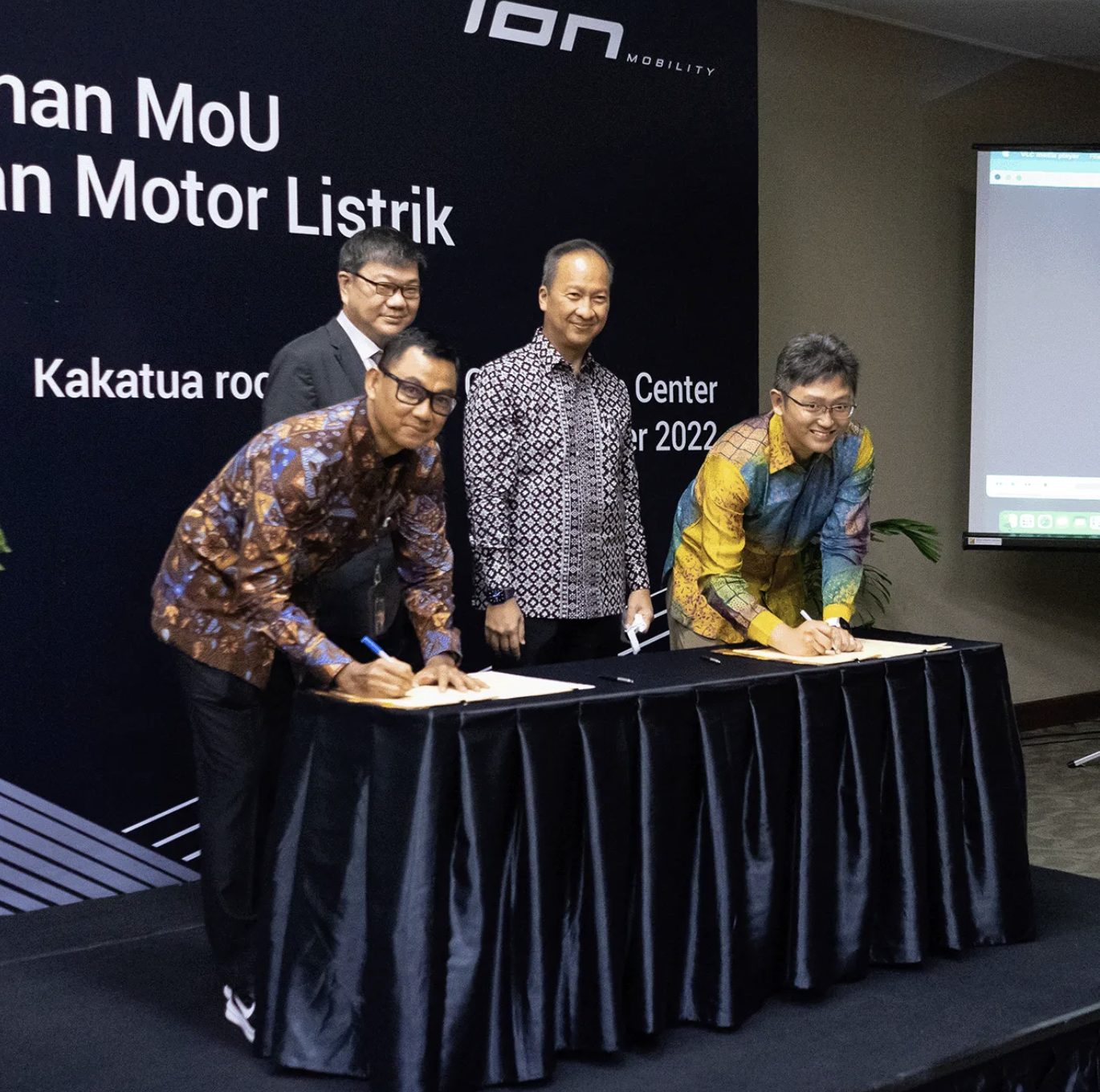
Hitting a milestone
- 500-backed Talkpush has reached a significant milestone since launching six years ago. The Hong Kong-based company said it is now connecting over 10 million applicants to potential job opportunities every year.
- With the shuttering of offices resulting in the rise of remote working, companies are counting on relevant technologies to help manage all aspects of workflow and operations, including talent sourcing.
- The rise of remote hiring has led to a 500% year-on-year increase of the volume of candidates processed by Talkpush this year, according to a press release.

- AutoFlow, a Talkpush automation feature that allows recruiters to design their own candidate journeys based on specific parameters, is helping companies hire better. Through AutoFlow, users saw a 250% increase in productivity in 2020, as measured in hires per recruiter.
- “With the explosion of WFH opportunities, the ratio of applications to hires has often gone from hundreds to thousands. It is impossible to process that kind of volume manually, so employers had to move to a different type of recruitment funnel. Increased automation at the front of the hiring funnel became the natural move,” said Talkpush CEO Max Armbruster.
- Max added that the company is on track to make over 1 million annual hires in 2022, and a projected annual candidate volume of more than 40 million candidates.
Shop online
- David Jou, co-founder and CEO of 500-backed Pomelo, told KrAsia that the pandemic affected their brick-and-mortar businesses, which contributed 30% of overall sales.
- But their customers shifted online to fulfil their shopping needs, contributing to a 250% growth.
- “Our offline business was closed for eight weeks, which prevented people from going to the physical stores, and that accounted for about 30% of our sales. Fortunately, the e-commerce business really took off. The month after COVID-19 and the lockdown started, our e-commerce business grew by 250%. We were able to maintain that through the lockdowns, and even after the lockdowns,” David said.

- Despite the slowdown in retail footfall, Pomelo is expanding to more locations as part of a broader expansion plan. New outlets have popped up in Kuala Lumpur, Jakarta, and Singapore.
- These new stores serve as Pomelo’s “tap, try, buy” centres, where customers can try out products they place online.
- “The process is very fast. The reason that it has been so successful is that it’s really convenient. You get a personalized experience and rarely have sold-out sizes or colors. All of it, hopefully, can be tried on at a location that’s within half an hour away from where you work or live,” David said.
- When asked about the next big trends in the fashion e-commerce industry, David narrowed down to three segments: Content, community, and sustainability.
- “They’re looking for content to be inspired, instead of just looking for deals and promotions. That’s really one of the big themes, which is an area that’s really important to us too. We focus on creating great content, whether it’s live streaming on TikTok or on our social media channels.”
Protect the cloud
- Data breaches and ransomware attacks are the main cybersecurity threats plaguing businesses today, according to Paul Hadjy, CEO and co-founder of 500-backed cybersecurity firm Horangi.
- For e-commerce and fintech companies, however, misconfigurations of the cloud are often the root cause of cyber attacks.
- “For tech companies, most of their intellectual property is going to be in the cloud. So, ultimately, that’s what they need to protect the most. They have their developers who are working to make sure that checks and balances are in place not only in the cloud, but also across their development process, essentially catching and fixing any mistake as soon as possible,” Paul told KrAsia.

- Horangi tackles these problems by first helping companies to mitigate threats before they escalate. The Singapore-based company does so through their flagship product Warden, which can be connected to either Amazon Web Services (AWS) or Google Cloud Platform (GCP).
- “By connecting the Amazon Web Services (AWS) and Google Cloud Platform (GCP) cloud accounts, businesses can identify potential security and compliance issues in a unified console and put that in a dashboard that integrates with their development system.
- “This is really important, as companies transitioning to the cloud are also integrating their security with their [product] development lifecycle, meaning that the security is no longer an afterthought,” Paul added.
- Paul and his team will work towards building a complete cloud security platform. In the meantime, they will continue to expand into different countries across the region while doubling down in Singapore, Indonesia, and Hong Kong.
- In 2021, they will also launch services for Microsoft Azure and Alibaba Cloud.
Missed out the last Daily Markup? Go here to check it out.
You can also find us on LinkedIn, Facebook, Twitter, and Instagram.

500 Startups is a venture capital firm on a mission to discover and back the world’s most talented entrepreneurs, help them create successful companies at scale, and build thriving global ecosystems. In Southeast Asia, 500 Startups invests through the pioneering 500 Southeast Asia family of funds. The 500 Southeast Asia funds have backed over 240 companies across multiple sectors from internet to consumer to deep technology. It continues to connect founders with capital, expertise and powerful regional and global networks to help them succeed.
This post is intended solely for general informational or educational purposes only. 500 Startups Management Company, L.L.C. and its affiliates (collectively “500 Startups”) makes no representation as to the accuracy or information in this post and while reasonable steps have been taken to ensure that the information herein is accurate and up-to-date, no liability can be accepted for any error or omissions. All third party links in this post have not been independently verified by 500 Startups and the inclusion of such links should not be interpreted as an endorsement or confirmation of the content within. Information about portfolio companies’ markets, competitors, performance, and fundraising has been provided by those companies’ founders and has not been independently verified. Under no circumstances should any content in this post be construed as investment, legal, tax or accounting advice by 500 Startups, or an offer to provide any investment advisory service with regard to securities by 500 Startups. No content or information in this post should be construed as an offer to sell or solicitation of interest to purchase any securities advised by 500 Startups. Prospective investors considering an investment into any 500 Startups fund should not consider or construe this content as fund marketing material. The views expressed herein are as at the date of this post and are subject to change without notice. One or more 500 Startups fund may have a financial interest in one or more of the companies discussed.



